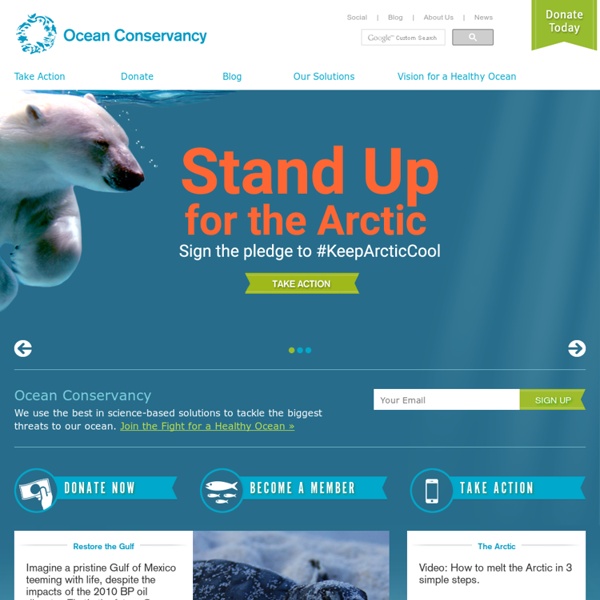



SFE : la Société Française d'Écologie Breathingearth - CO2, birth & death rates by country, simulated real-time Wellwood Reef Restoration in the Florida Keys Reef Restoration Projects Wellwood Reef Restoration Project On August 4, 1984, the M/V Wellwood, a 122-meter freighter ran aground on Molasses Reef within the Florida Keys National Marine Sanctuary. Due to complications with removal, the ship remained on the reef for 12 days. The total destruction from the grounding included 5,805 square meters of living corals and injury to 75,000 square meters of reef habitat. Learn more about our efforts to rebuild and restore Molasses Reef during the Wellwood Reef restoration project. Columbus Iselin Reef Restoration Project From July through September 1999, the restoration of one of America's most significant coastal barrier coral reefs dating back 4,000 years took place within the boundaries of NOAA's Florida Keys National Marine Sanctuary. The R/V Columbus Iselin Reef Restoration Project joined NOAA staff and contractors in the difficult job of physical reconstruction of four coral reef spurs damaged in the grounding of the R/V Columbus Iselin.
IGF Association pour la sauvegarde de la biodiversité TENDUA a été créée en 2008, après un voyage en Inde où, en dépit de nombreux parcs nationaux, la faune sauvage et ses habitats sont menacés. Le constat est malheureusement planétaire : partout dans le monde, la biodiversité est en danger, sur terre et dans les mers. La 6e extinction majeure de biodiversité est en cours : en 150 ans l’homme a réussi à détruire son environnement comme il ne l’avait jamais fait auparavant. En août 2013, il a été estimé que l’humanité, par sa consommation effrénée, a dépassé la capacité de régénération de la Terre. Les industriels font la course aux brevets sur des animaux et plantes non encore répertoriées qui vivent dans le « no man’s land » océanique ou les rares forêts primaires encore intactes des pays plus pauvres afin d’en tirer un profit sonnant et trébuchant sous le fallacieux prétexte de soigner les maux des hommes des pays riches. Cela étant, nous n’avons plus le temps d’être pessimistes. Une nouvelle relation entre l’homme et la nature
National geographic Geography is the study of places and the relationships between people and their environments. Geographers explore both the physical properties of Earth’s surface and the human societies spread across it. They also examine how human culture interacts with the natural environment, and the way that locations and places can have an impact on people. Geography seeks to understand where things are found, why they are there, and how they develop and change over time. Ancient Geographers The term "geography" comes to us from the ancient Greeks, who needed a word to describe the writings and maps that were helping them make sense of the world in which they lived. Of course, the Greeks were not the only people interested in geography. Indeed, mapmaking probably came even before writing in many places. During the Middle Ages, geography ceased to be a major academic pursuit in Europe. In addition to the advances in the Middle East, the Chinese empire in Asia also contributed immensely to geography.
Riverkeepers UNEP-WCMC The Environmentalist